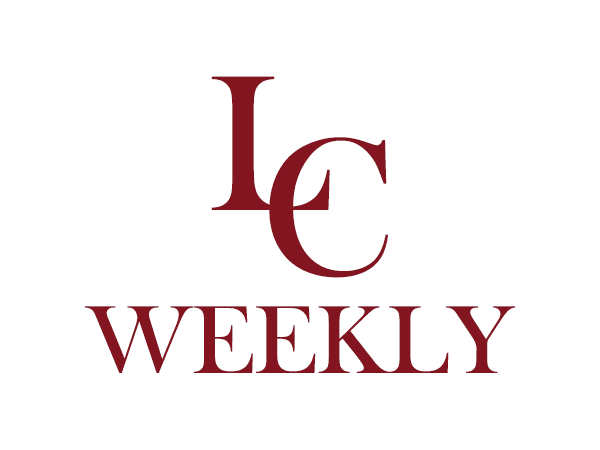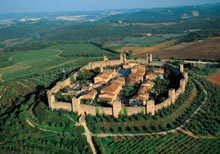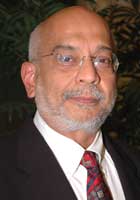Author, Urbanist, Educator and Retail Planner Robert Gibbs was recently a speaker for the 2012 CNU Beaufort Lecture Series. Robert gave a thorough presentation on the current state of the US commercial retail market, focusing on current and future trends.
Robert began by discussing current national trends. He has input from his large retail clients – he works with companies like Wal-Mart, JC Penny, and Disney – but also small mom and pop folks like Al the Deli owner. Gibbs stated that urban retail is on the rise in cities and towns for the first time since 1939. Most of the large retailers (Nationals) have embraced urban stores in the last 5 -10 years. Those who have not are doing so right now. It is the segment of the market that is growing and predicable. Nationals view suburban growth patterns as risky and unlikely to perform, says Gibbs. This certainly applies to parts of the County around 278 and Bluffton as well as the suburban Beaufort.
Further, these larger National tenants have changed the way they do business in urban areas. They have designed smaller stores and will except many different conditions (two story stores, limited parking etc.) in an urban area. They do this because their urban stores are more profitable per square foot than their suburban stores. Gibbs says that good walkable urbanism makes retail more profitable and thus the best retailers (who will pay the best rents) like urbanism and love town centers.
Most interesting, Gibbs then went on to say that the best of the best retailers actually look to enter historic towns and cities. Why? Because it is almost always has the best urbanism in an area and the historic status insures a high state of predicability. They are willing to follow historic district standards and rules – in fact, they like them. Now here is an insider secret from an architect who designs these buildings: they don’t always tell you that they like them.
Bob has worked on and consulted on King Street in Charleston since the 1980’s. Under Bob’s influence, and with Mayor Riley’s strong leadership, King Street has risen to a top 5 U.S. shopping street. King Street has, in Gibb’s words, the perfect blend of tenants – nationals, r e g i o n a l s a n d l o c a l s. Everyone benefits from that blend along, with the great urbanism.
For Historic Beaufort, Bob recommended that the shopping experience be raised to more core items. He stated that tourists actually prefer to do much of their normal shopping while on vacation, everything from electronics to back to school clothing, and that they will pay a little more to do so in a great environment.
Robert is a trained Landscape architect and Urban Planner. As, such, he is a very observant person. A lot of what he talked about was from using that sense of observation in his Planning practice. In fact, he has what he calls the “rules of retail.” Bob knows that 75% of all retail sales now occur after 5pm (vs 30% in the 70’s.) He also knows all the little things that a retailer (large or small) must get right in order to maximize sales per square foot. Many of the core ideas of Robert’s lecture came from his recent book, Principals of Urban Retail Planning and Development and his numerous publications in periodicals such as the Wall Street Journal and New York Times. Please v i s i t s h i s w e b s i t e www.gibbsplanning.com for more information.
Additonally, those interested in learning the rules of retail can join Bob at Harvard University this summer for an Executive l e v e l C o u r s e . S e e h t t p : / / execed.gsd.harvard.edu/programs/urbanretail-essential-planning-design-andmanagement-practices for more information.
Look for the CNU Lecture series to continue to bring national expects to the greater Beaufort region with additional speakers later this summer and fall.
Visit the CNU Beaufort Facebook site for u p d a t e s , www. f a c e b o o k . c o m /CNU.Beaufort







